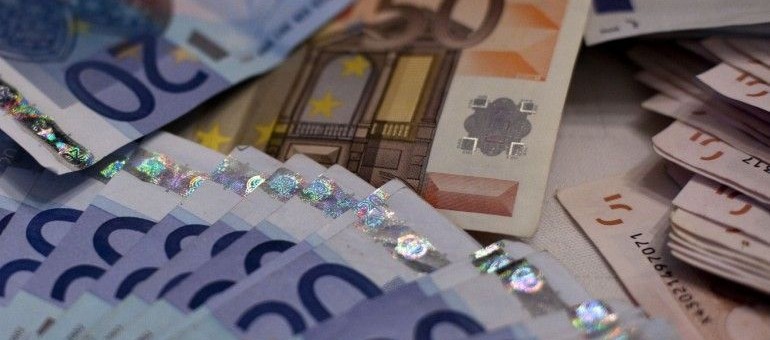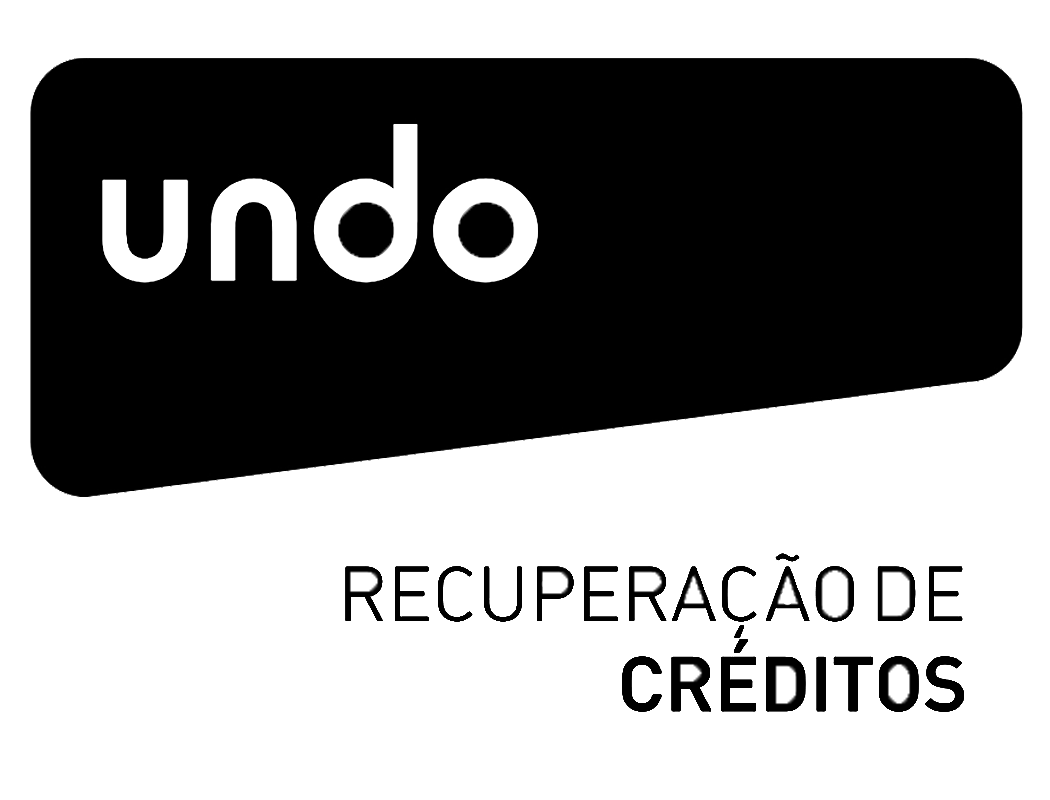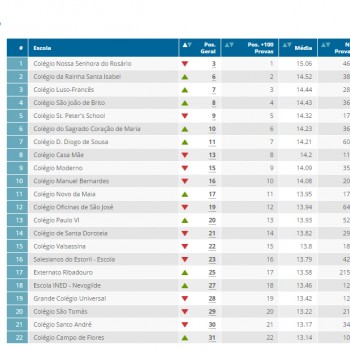
Money leads the ‘top’ of the most desirable gifts for Christmas
- admin
- December 11, 2015
Money leads the ‘top’ of the most desirable gifts for Christmas in Portugal since 2012, following up the books and clothes / shoes, according to a study released by Deloitte.
Travel, electronic equipment as ‘tablets’, computers and smartphones [smartphones], occupy the following positions in the ‘top 10 Portugal’, which still contained cosmetics / perfumes, chocolates and jewelery or watches.
Although money is the most desired gift, either by men or by women, these still represent a larger proportion, 66% to 47%.
In the younger generation, between 18 and 24 years, the money remains also as the preferred gift, but its importance has been declining, from 71% in 2013 to 65% in 2014 and 64% in 2015.
On the other hand, while in the age group between 35-44 years, the books lose the lead also to the money in the age group of 45-54 are the books that are at the top of preferences, dethroning the money.
After a significant drop in the preferences of the older generations, the money returned to the ‘top 3′, but still are books and travel more win.
Despite the money to be preferred by all income groups, the truth is that the percentage is higher among those who receive less.
With regard to children’s toys, the study reveals that the Portuguese are among those most European educational gifts offered in the last two years (70% versus 54%).
The Portuguese proved to be too cautious in the use of credit, with only 3% want to consume more through credit, against 58% who want to reduce that use.
The document shows that the Portuguese continue to cut the budget for Christmas, which this year stands at 315 euros per household, almost half spent on gifts, especially for children.
The decrease in disposable income (after tax) is the main reason mentioned by half of respondents Portuguese to reduce spending next Christmas.
The 2015 Christmas Deloitte study was conducted in 14 countries (UK, France, Portugal, Spain, Italy, Greece, Germany, Belgium, Holland, Denmark, Poland, Russia, Slovenia, South Africa) and was surveyed 14,065 people .
In Portugal, 761 people were surveyed during the period from 28 September to 05 October.



 Português
Português English
English